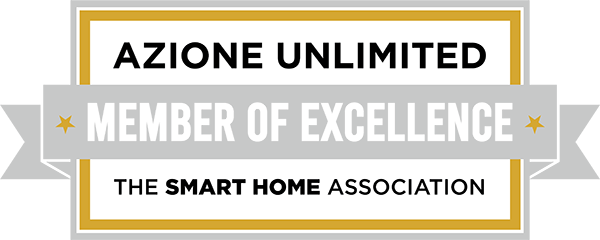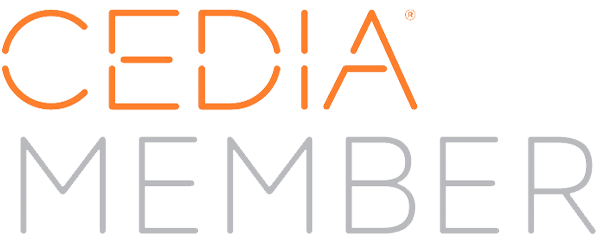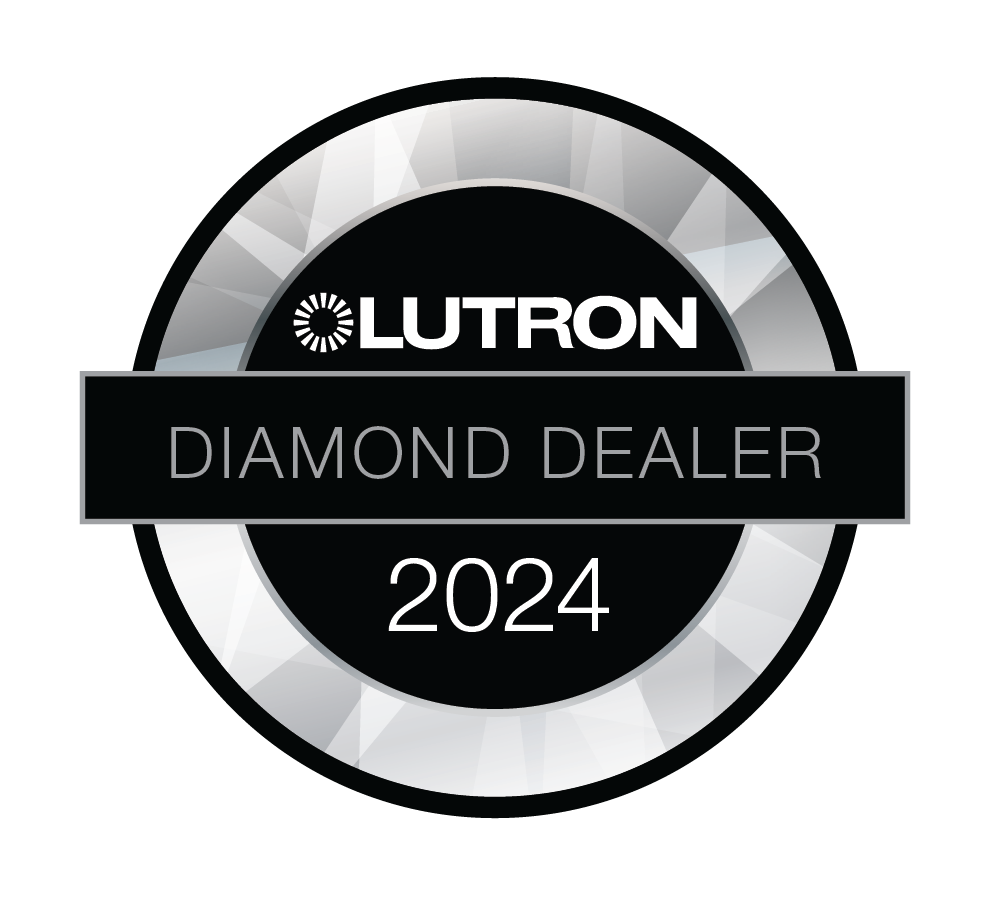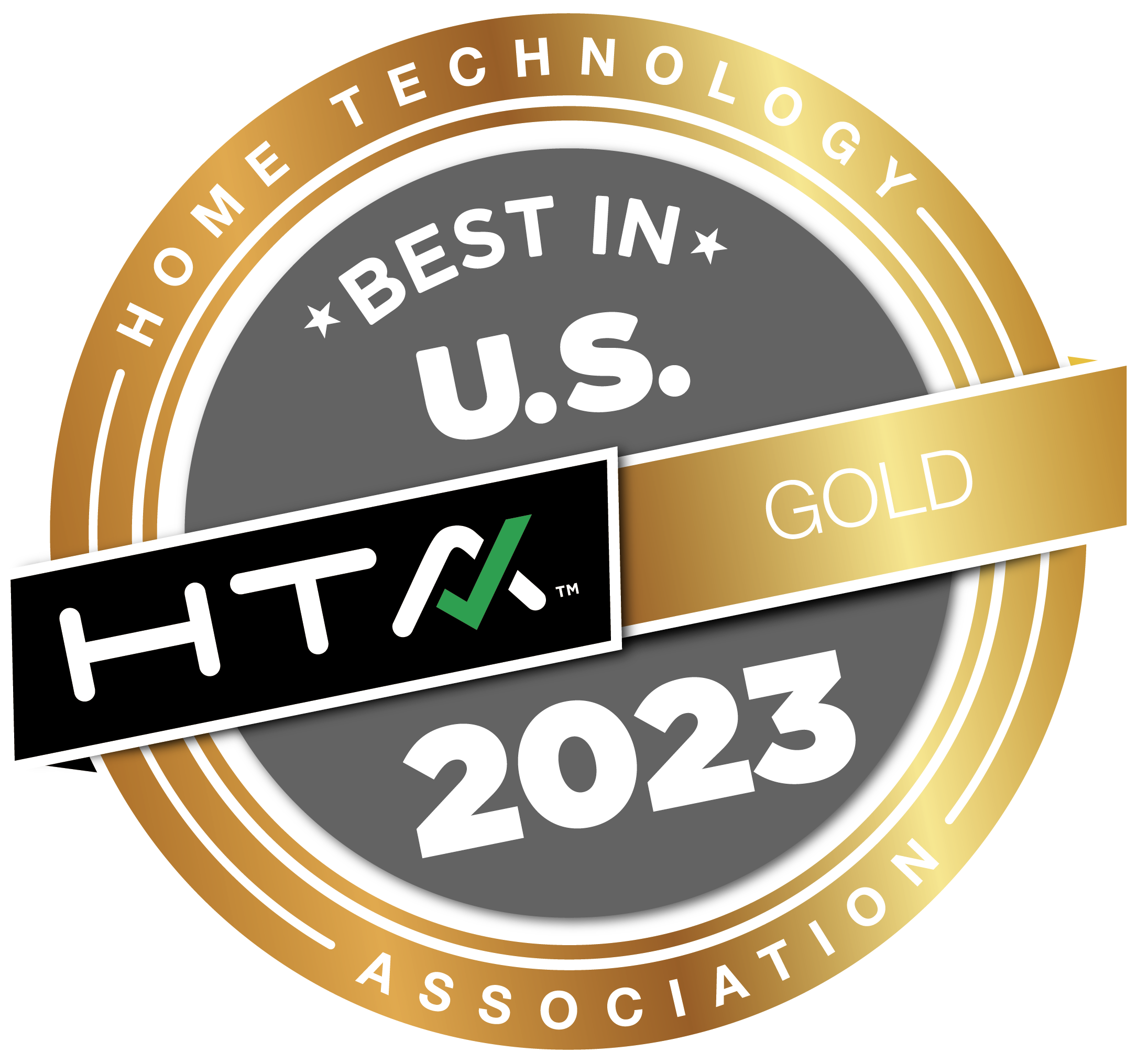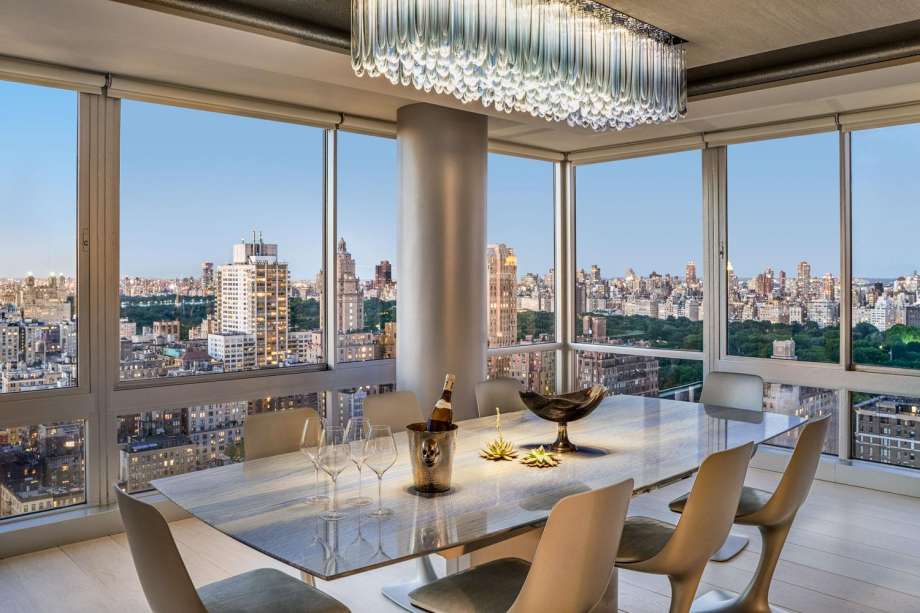
The Sounds of Science
Technology is constantly changing the way we live, and sometimes, it’s difficult to keep up.
It’s hard to remember a time when computers didn’t control our lives. We work, shop, and do our banking online. The cars that we drive contain some sort of computer system. Even shopping malls bombard us with smart technology.
Recently, for example, I was shopping at the Danbury Fair Mall, where I was surprised to see a large informational kiosk listing the store locations. It resembled a giant iPad, and even had a touch screen that allowed shoppers to type in the name of a specific store. You simply can’t avoid technology.
It was in the third grade that I first learned to use a computer, a machine that was in one piece, with a black screen and green letters. There were no colored pictures, and certainly no HD computer screens, for that matter. Floppy disks were the norm then, too, and “USB drive” was not a familiar term.
I may only be in my late 20s, but I’ve been through my fair share of changes in technology. However, someone older than myself who may not have grown up with the technology that I did may struggle along the way. When unsure, all you have to do is go online and, right at your fingertips, there will be some sort of tutorial; or when necessary, particularly when it comes to your home, you can call in the experts.
The sounds of science
Stamford-based Rich AV Design, LLC, for example, offers TV music systems, whole house control systems, motorized shades, and lighting control systems, as well as fixtures, cameras, and networks.
Initially, the company’s clients were residential, “but over the years, we expanded our offerings and are now about a 70 percent residential and 30 percent commercial,” says Josh Rich, owner.
The company offers basic home automation systems that include an alarm, automated door lock, a camera, and a smart thermostat, which can cost around $2,500, according to Rich.
One of the biggest challenges of home automation, and the main reason that many homeowners turn to a professional, is that installing a single smart home technology product is fairly easy, but integrating multiple products that need to work together requires the expertise of a professional, Rich says: “No product is compatible with anything else; you need to know what will work together and what won’t, and that’s not always obvious.”
Rich’s own home, for example, features a smart lighting system as well as an alarm system. In the event of an alarm, all the lights in the house automatically turn on for security and safety, and the outside lights flash to alert emergency services to the location more quickly.
The company also carries technology with which most people are not familiar, such as human centric lighting systems, which can adjust people’s daily rhythms and improve their motivation, well-being, and productivity, and also support the human circadian rhythm, enhance concentration, prevent sleeping disorders and improve our overall well-being, according to glamox.com. These systems, which take about a year and a half to install and regulate, keeps lighting in tune with a human’s natural circadian rhythm, which studies show is a healthier way to live, according to Rich.
Many homeowners test the smart home technology waters with the integration of audio/visual products, such as a TV installed above a fireplace; from there, they may move on to automated lighting, motorized shades, and temperature/atmosphere control, according to Chris Barre, technology design expert for Smarthome and Theater Systems in Milford. “Clients typically want to be able to use their devices throughout the insides and outsides of their homes, without having reception problems,” Barre says, “and complete home integration, where everything can be controlled by one button or a single app on your phone, is what is trending.”
Entertain a lot? The company can design a system in which a keypad on the wall can create an “evening” or “dining” scene by controlling and adjusting the lights, thermostat, music, and shades. “Once a client experiences the beauty of integrated smart technology in one area of the home, they usually want it in the rest of the house,” Barre notes.
Home theaters, with large screens, surround sound, hidden speakers and comfy chairs, are another smart home technology trend. “We can design and install the entire room, including candy cabinets, a bar, popcorn machine … the possibilities are endless,” Barre says.
Do-it-yourself?
Confident do-it-yourselfers can attempt some smart home technology projects if they have the correct tools and knowledge. Big Box stores, such as Home Depot and Lowe’s, or some local hardware stores, carry smart home technology products, including garage door openers, light dimmers, plug-in outlets, tankless water heaters, and sprinkler controllers.
Many homeowners are opting to install video doorbells, such as Ring, which starts at $99. Ring 2, at $199, features an HD video that includes infrared night vision, rechargeable battery, the ability to hear and speak to visitors that come to the door, live video, and the ability to save all recordings to the Cloud. Other similar systems, from Nest Hello, SkyBell, Vivint, August doorbell cam, Zmodo and VTech, are also available and may need professional installation.
Technology is constantly changing, and we must learn to adapt. As much as I’d prefer to stay “old school,” the new technology always seems to suck me in. It’s just the world we live in.

